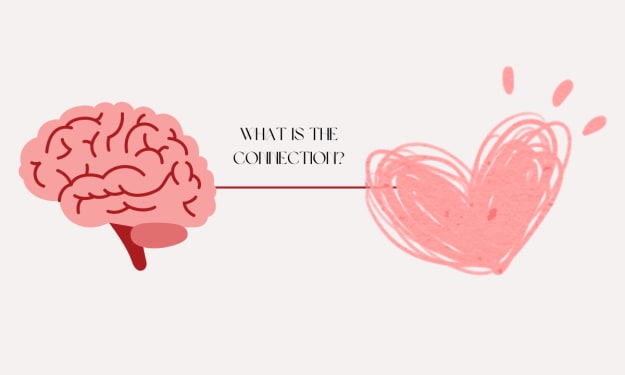Exploring the Role of Magic Mushrooms in Mental Health Treatment
A dive into the newly found therapeutic potential of psychedelic fungi

Magic mushrooms, long associated with counterculture and psychedelic experiences, are now emerging as a potential solution to the global mental health crisis. In a groundbreaking trial conducted this year, hallucinogenic fungi were directly compared to traditional medications for depression, offering tantalizing insights into the future of mental health treatment.
Magic mushrooms, also known as psilocybin mushrooms or simply shrooms, are a type of fungi containing the psychoactive compound psilocybin. When ingested, psilocybin is metabolized in the body into psilocin, which interacts with serotonin receptors in the brain, leading to altered perception, mood changes, and sometimes profound spiritual experiences.
Historically, magic mushrooms have been used for thousands of years in various cultural and spiritual practices, particularly in indigenous communities in Central and South America. These cultures often used them in rituals, ceremonies, and healing practices for their perceived ability to induce altered states of consciousness and provide insights into the nature of existence.
With rates of mental illness on the rise worldwide and existing medications often falling short in terms of efficacy and tolerability, the need for alternative therapeutic approaches is more pressing than ever. Enter Magic mushroom or "shrooms". The psychoactive content compound psilocybin in the mushroom is metabolized by the body into psilocin. Psilocin structurally resembles serotonin and acts as a partial agonist at serotonin receptors in the brain, particularly the 5-HT2A receptors. This means that psilocin can bind to and activate these receptors to some extent, mimicking the effects of serotonin.
Low levels of serotonin have been linked to depression and anxiety, leading to the widespread use of selective serotonin reuptake inhibitors (SSRIs) also known as anti-depressants as a primary treatment. While SSRIs can be effective for many individuals, they may fall short in some cases for several reasons, for example high tolerance, resistance and complex side effects.
As a result, there's been growing interest in exploring alternative treatments, such as psychedelics like psilocybin for their therapeutic potential, given their purportedly milder side effects and lower risk of addiction compared to drugs like LSD or ecstasy. In a 2021 study conducted at Imperial College London, researchers compared the efficacy of psilocybin to SSRIs in treating depression.
Participants with major depressive disorder were randomly assigned to receive either a daily dose of psilocybin or an SSRI, along with psychotherapy. The results were striking: those in the psilocybin group showed a more rapid improvement in symptoms, including a greater reduction in suicidality and an increased ability to experience pleasure, compared to the SSRI group.
Importantly, neither group experienced major adverse side effects, highlighting the safety profile of psilocybin when used under controlled conditions. However, it's worth noting that the study excluded individuals with pre-existing psychiatric conditions, which may limit its generalizability.
Further bolstering the case for psychedelic therapy, another large-scale trial published in 2021 demonstrated similarly promising results for psilocybin's positive impact on depression. With ongoing research efforts exploring the therapeutic potential of magic mushrooms, our understanding of their mechanisms of action and potential applications continues to evolve.
Functional MRI studies have shed light on how psilocybin alters brain activity, with effects observed in areas involved in sensory processing and emotional regulation. These findings offer valuable insights into how psychedelics may alleviate depressive symptoms and enhance emotional processing.
Despite these promising findings, psilocybin remains highly restricted and criminalized in many countries, hindering its widespread adoption as a therapeutic agent. Overcoming regulatory barriers and societal stigma will be essential in unlocking the full potential of magic mushrooms for mental health treatment.
As research advances and our understanding of the brain deepens, magic mushrooms may soon find their place alongside traditional medications in the fight against mental illness. With continued exploration and open-mindedness, we may indeed be on the brink of a new era in mental health care—one that embraces the therapeutic potential of psychedelics for the benefit of all.
About the Creator
Enjoyed the story? Support the Creator.
Subscribe for free to receive all their stories in your feed. You could also pledge your support or give them a one-off tip, letting them know you appreciate their work.





Comments
Test is not accepting comments at the moment
Want to show your support? Send them a one-off tip.